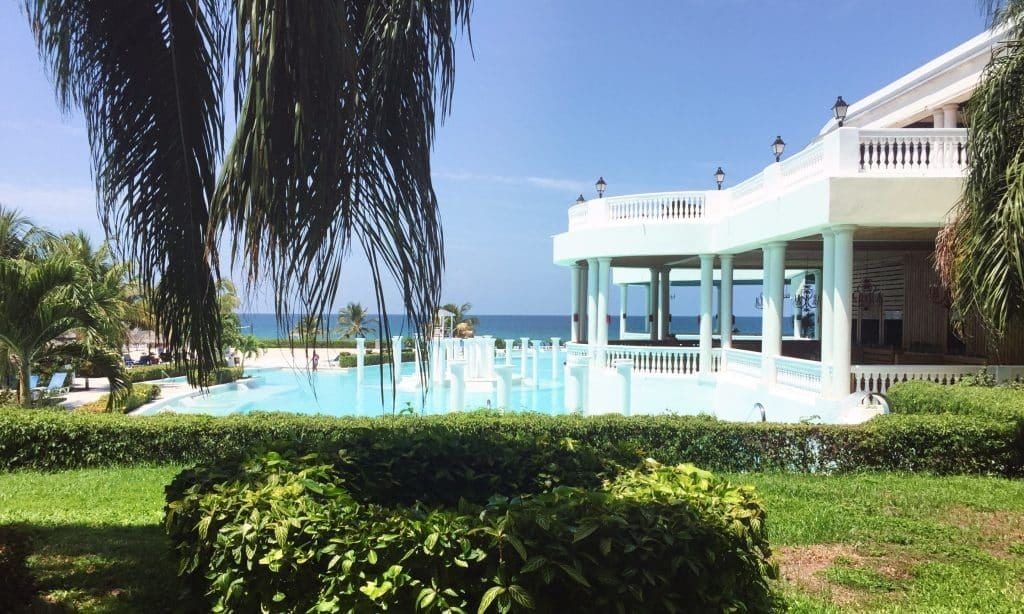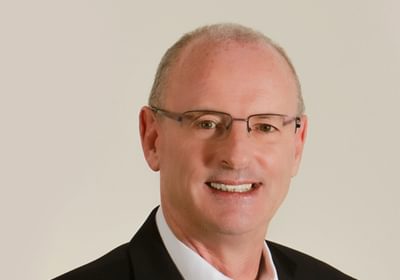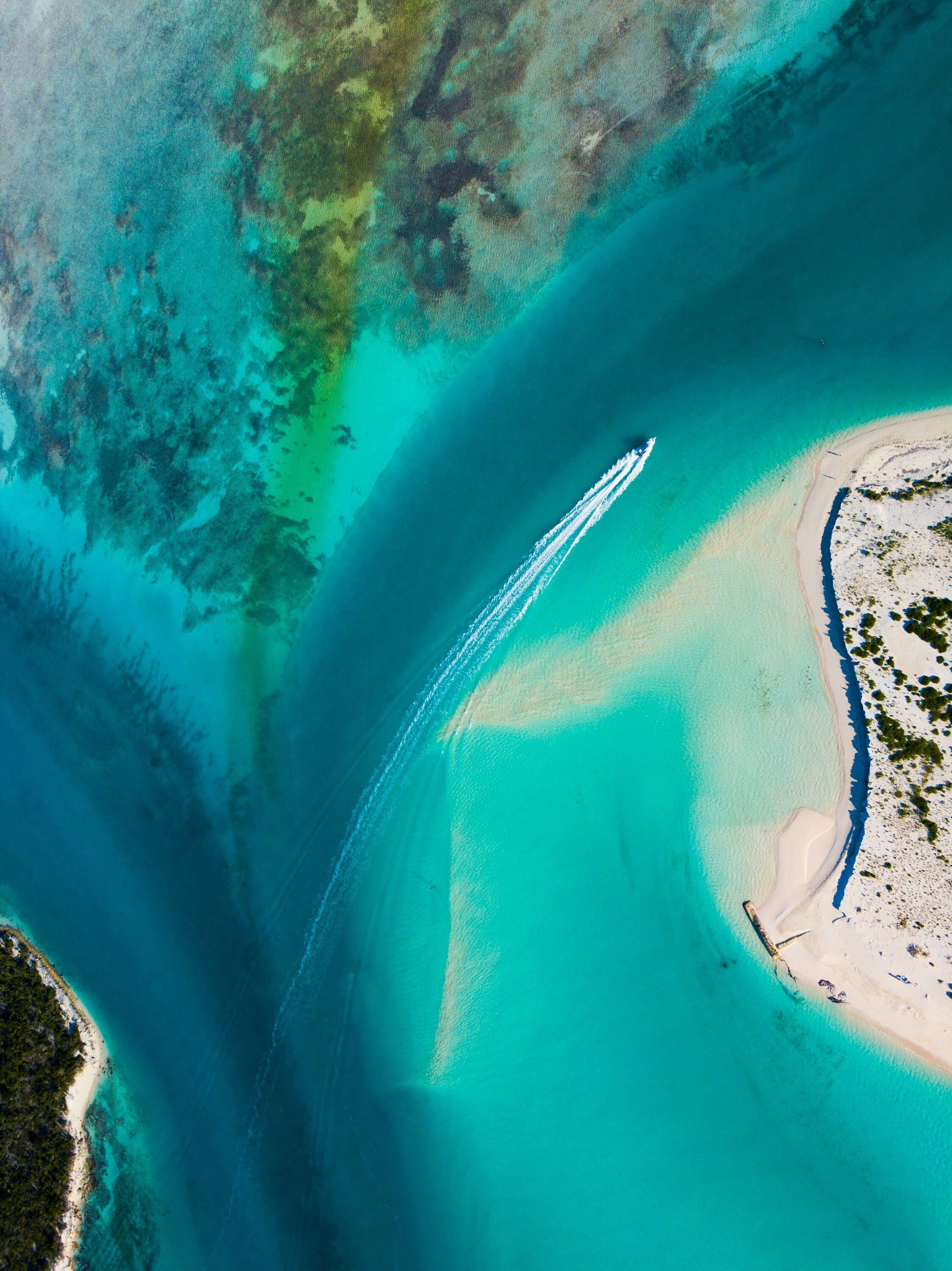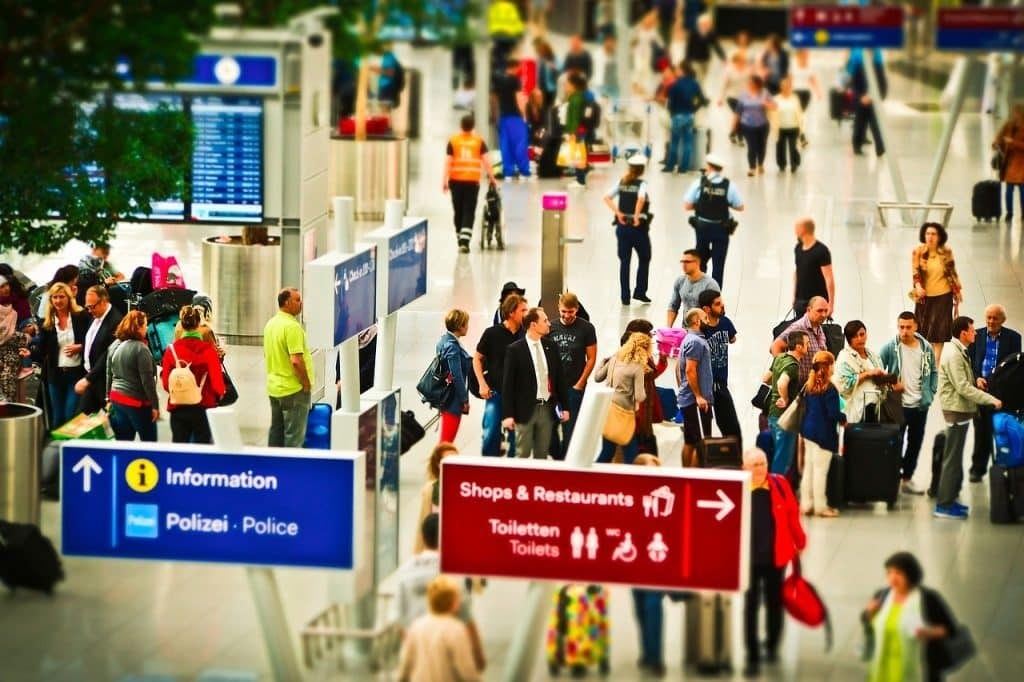
Caribbean tourism has made the fastest recovery of any region from COVID-19, pushing confidence among property and hospitality investors to new highs.
Warm sun, tropical breezes, white sandy beaches, tranquil waters and the prospect of big returns – these are the factors that fuel investor conviction about Caribbean tourism.
The idyllic region’s tourism sector has rebounded faster from the pandemic than anywhere else in the world, according to data from the United Nations World Tourism Organization.
International arrivals to the region to the end of April sit just 38 per cent below what they were prior to the pandemic, placing the Caribbean ahead of Southern and Mediterranean Europe (41% below) in the recovery.
But it’s not just lots of excited holidaymakers who are keen on putting their feet down on the soft white sands of a Caribbean island.
Baker Tilly’s latest Caribbean Hospitality Financing Survey indicates that confidence among bank and non-bank financiers regarding Caribbean investment is either at, or near, all-time highs.
The survey’s Confidence Barometer reached record levels among the banking community in 2022, approaching the confidence levels of the traditionally less conservative non-banking sector, which includes private equity firms, family offices, developers and others.
Confidence among non-bank lenders was also high, albeit slightly below the level set in 2021.
Gary Brough, Managing Director of Baker Tilly Turks and Caicos Islands and the author of Baker Tilly’s report, says from a tourism perspective, there is an expectation that arrivals will continue to grow swiftly returning quickly to pre-COVID levels and even exceeding them in some destinations as there is huge pent-up demand.
For investors, Mr Brough says an abundance of liquidity among institutional investors and high net worth individuals creates fertile ground for high levels of transactional activity to continue.
“There is recognition that there are real opportunities in tourism developments with a real estate component and there’s not a huge amount of risk in terms of the downside that you may get in volatile assets like the stock market,” he says.
“It feels like we’ve got through the worst of COVID, there’s a huge amount of liquidity, and a huge amount of optimism in the tourism market – for a lot of people who have re-evaluated their lifestyle choices post-pandemic, going on vacation is no longer discretionary, it’s essential, it’s non-negotiable.
“There is a bullish market, and it’s not bullish for the next three months, it’s going to be bullish for at least the next 12 months in the opinion of our survey respondents.“
Mr Brough says billions of dollars were already being deployed in the Caribbean by survey respondents.
“This has got some legs to it. It’s not a spike anymore, it’s a real cycle, with a sustained high level of transaction activity.“
Bank participants in the survey believe that investors in the Caribbean hospitality industry view real estate as a better investment than stock markets or holding liquidity as cash, while 75% of non-banks feel the same.
The survey also found that 88% of non-bank respondents intend to make new investments in Caribbean tourism projects in the next 12 months, with 50% saying their deal flow and pipeline was now stronger than it was prior to the pandemic.
Nearly two thirds (63%) said they had already made new investments since the pandemic began.
For banks, 80% said their deal flow and pipeline was at a similar level or stronger than it was before COVID.
Mr Brough says there is every indication that transactional activity will continue to strengthen throughout 2022.
“We have got new players in the Caribbean marketplace that have only barely dipped their toes in the water,” he says.
“Part of why confidence has increased is because these players are now investing as they’ve had their concerns about risk placated somewhat.”
While inflation is a rising concern for global investors, Mr Brough says investing in Caribbean real estate and tourism development could offer some protection, making it more attractive than other asset classes.
Mr Brough says it is hard to imagine more favourable conditions for investors in the Caribbean.
“It’s definitely ‘watch this space’ in terms of whether inflation can be contained or manageable, or whether it gets out of control,” he cautioned.
“However, real estate and development are still being seen as hedges against inflation.
“They are not making land on small islands in the Caribbean anymore and these developments are going to be relatively inflation proof, as long as you don’t have to sell in the short term.
“If I’m going to add to my investment portfolio, am I going to put money into the stock market when there is rapidly increasing inflation? Probably not, because it’s going to be very risky.
“I’m not going to leave it in cash because cash is going to lose its value.
“I could invest in bonds or Treasury Bills but how long are current inflationary pressures going to last? Am I going to look silly if I make the wrong call on inflation having invested in 30-year bonds?
“Having a strong real estate component within my portfolio in inflationary times is a good strategy.”
In terms of specific asset types, Mr Brough says: “traditional hotels are moving towards a different business model with more of a real estate and residential component, whilst traditional residential real estate is also adopting a different business model with more of a tourism component like managed luxury villas etcetera.
“The landscape has changed – the traditional hotel and residential real estate markets are coming close together and merging in some cases.”

He added that family offices and high net worth individuals are unsurprisingly targeting the luxury end of the market and whilst the target investment needs to survive on its own merits, factors such as eternal summer, tropical breezes and outdoor recreational opportunities are part of the equation.
“However, he says there are certain critical factors that investors view as non-negotiable. They want excellent telecommunications and great airlift ideally including private airports.”
“If they have their private jet here in the Caribbean, they can get back for a meeting in downtown Manhattan in about the same time as if they were living in Vermont or The Hamptons.”
“They also want to feel safe and have access to good health facilities.” “Destinations which have good infrastructure, good airports, good telecommunications, good health facilities and good police services, are the ones that are going to attract investors.”








